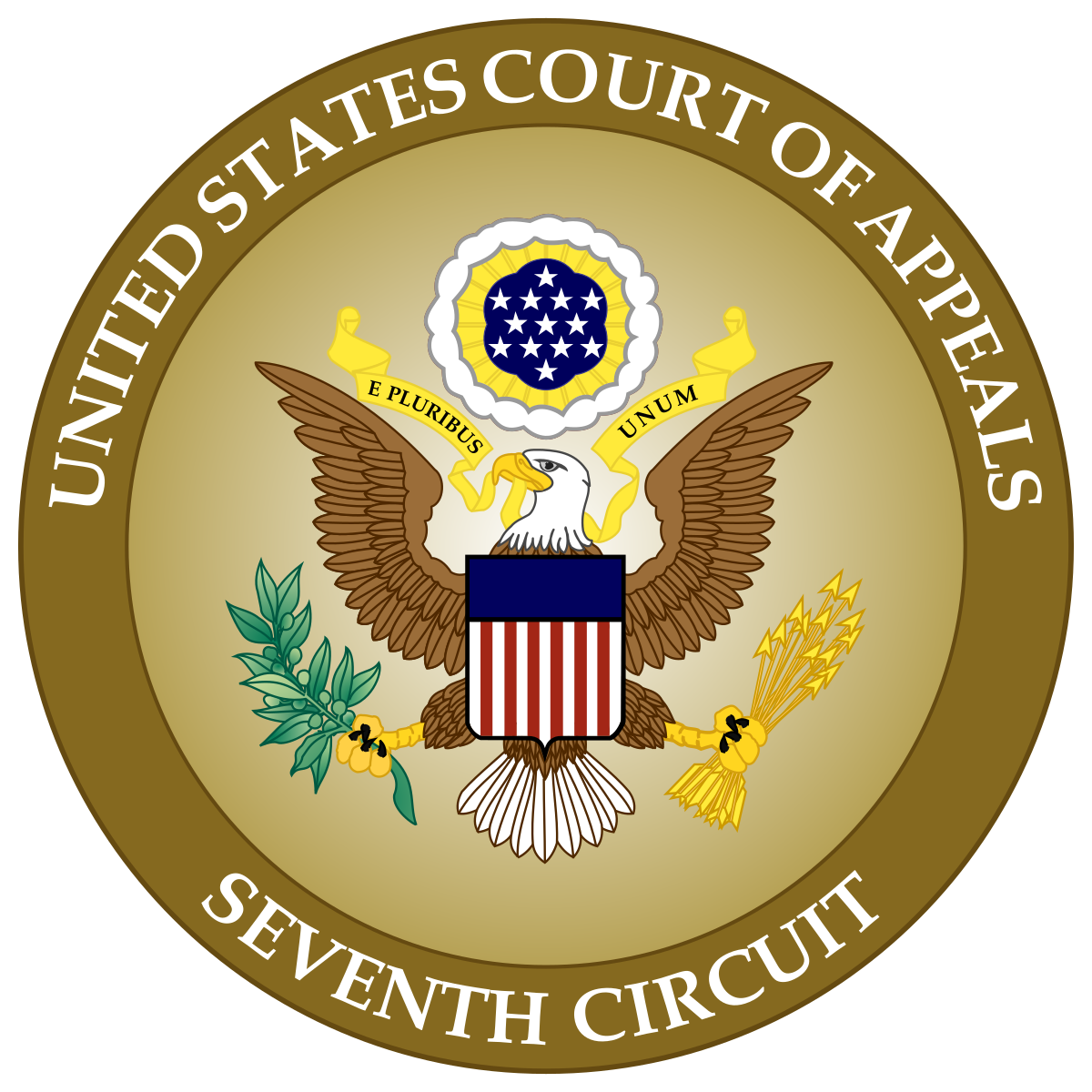Originally published on Forbes.com Jan 25th, 2014
The Justice Department has given notice that it will be appealing Judge Barbara Crabb’s decision that the income tax exemption of cash housing allowances paid to “ministers of the gospel” (Code Section 107(2)) is unconstitutional. Freedom From Religion Foundation — the plaintiff in the case, along with a couple of its officers who were paid housing allowances they could not exclude — commented on the appeal:
The law allows “ministers of the gospel” who are paid through a housing allowance to exclude that allowance from taxable income. Ministers may even use untaxed income to buy a home and deduct interest paid on the mortgage and property taxes — known as “double dipping.”
The clergy benefit costs the government up to $700 million a year in lost revenue, and benefits not just ministers but their employer churches, which can pay ministers less because untaxed income goes further.
Christianity Today found that 84 percent of senior pastors receive a housing allowance ranging from $20,000 to $38,000 in added (but not reported or taxed) salary.
“I agree with plaintiffs that §107(2) does not have a secular purpose or effect,” wrote Crabb, adding that a reasonable observer would view it “as an endorsement of religion.”
At the time of the federal ruling, attorney Richard L. Bolton, representing FFRF, noted: “The Court’s decision does not evince hostility to religion — nor should it even seem controversial.” However, the decision set off “shock waves” in the clergy network.
“The clergy and churches have become accustomed to privileges and prerogatives from our secular government which are not only unconstitutional, but which don’t play fair. The rest of us should not have to pay more taxes, because clergy don’t pay their fair share,” said Gaylor.
Barker, a former minister, is on the Board of the volunteer Clergy Project, which helps clergy who have changed their minds about religion leave the pulpit. Barker said he knows hundreds of former ministers who agree with FFRF that “the housing exclusion is an unfair and unwarranted boost from the government and should be abolished.
U.S. District Judge Barbara B. Crabb for the Western District of Wisconsin issued a strong, 43-page decision on Nov. 22 declaring 26 U.S. C. § 107(2) unconstitutional. The case is FFRF, Annie Laurie Gaylor and Dan Barker v. Jacob Lew, Acting Secretary of the Treasury Department and Daniel Werfel, Acting Commissioner of the Internal Revenue Service. The appeal will go before the 7th Circuit U.S. Court of Appeals in Chicago.
Should There Be An Appeal?
The Justice Department has actually not made a real strong argument for the constitutionality of the exemption for cash housing allowances. Rather, they have mainly focused on the issue of “standing”. When FFRF hit on the clever idea of paying allowances to its officers, government attorneys went so far as to argue that perhaps the FFRF are ministers and would qualify for exemption. The interesting question is whether President Obama thinks that 107(2) is constitutional. In the case of DOMA, he ordered the Justice Department to stop defending a statute that they determined was unconstitutional. Green Party Presidential candidate Jill Stein indicated that she likely would have ordered the Justice Department to not defend the housing allowance.
Should Somebody Else Be Defending The Statute?
It may well be that the Justice Department has been half-hearted in its defense of the housing allowance. In 2009. Pastor Michael Rodgers and 100 other unnamed clergy supported by the Pacific Justice Institute sought to intervene in the case. They noted that they have a dog in this fight and the government has a reason to back the other dog:
Moreover, the Treasury, IRS, and Franchise Tax Board face a conflict of interest, in that if the statutes are struck down as unconstitutional there would be an increase in tax revenue from clergy who were previously given the housing allowance. It is therefore necessary that clergy, who use their time, energy, and resources in the furtherance of the ministry, be granted intervention to defend and, if necessary, appeal on behalf of the Statutes enacted which grant tax benefits to clergy.
PJI can probably argue now that Justice has booted it.
Well, we can be pretty sure that there will be a good flow of amicus briefs from those with a stake in the housing allowance. I’ll do my best to keep up with them.
You can follow me with twitter @peterreillycpa.































































































